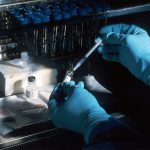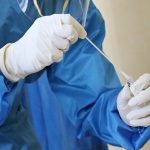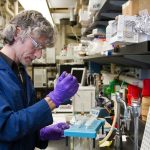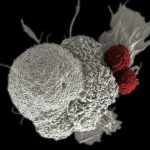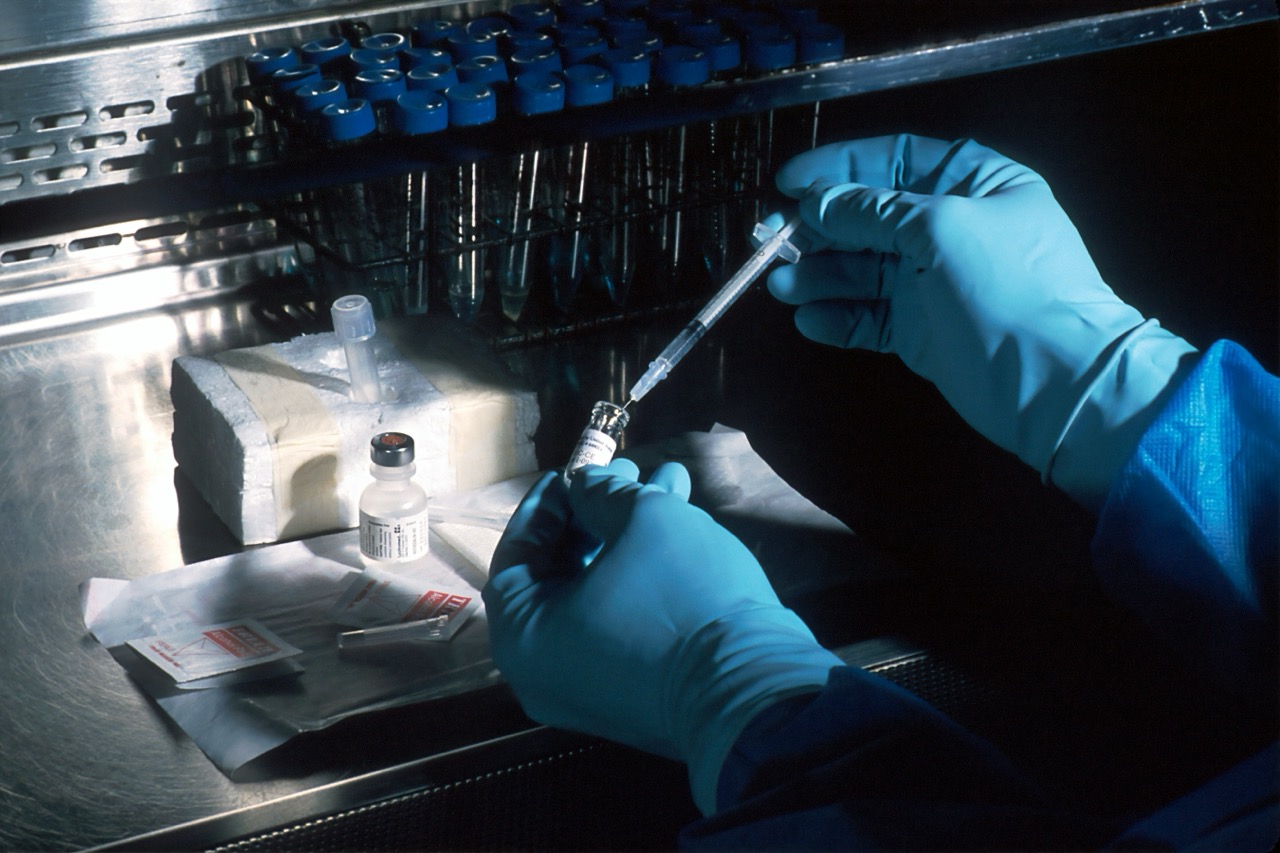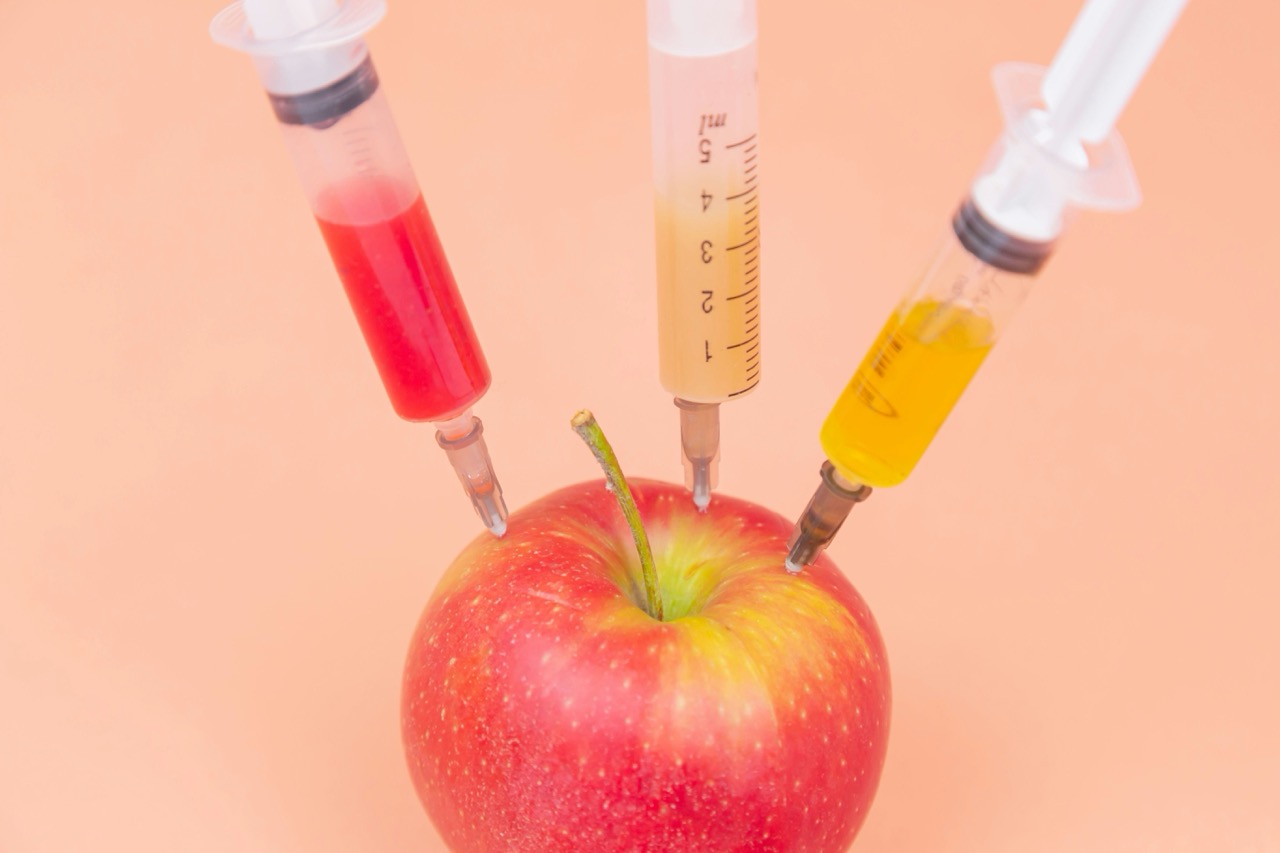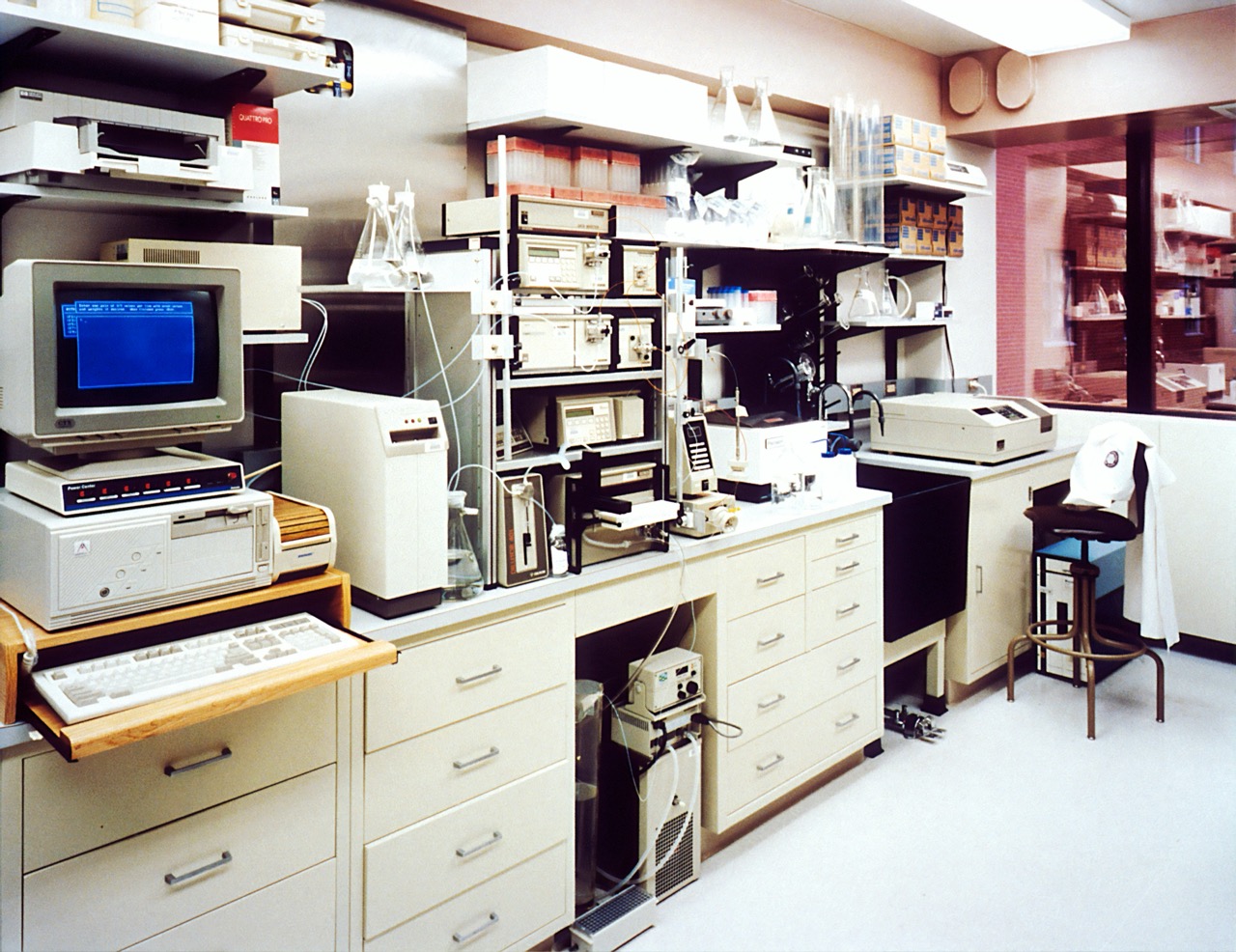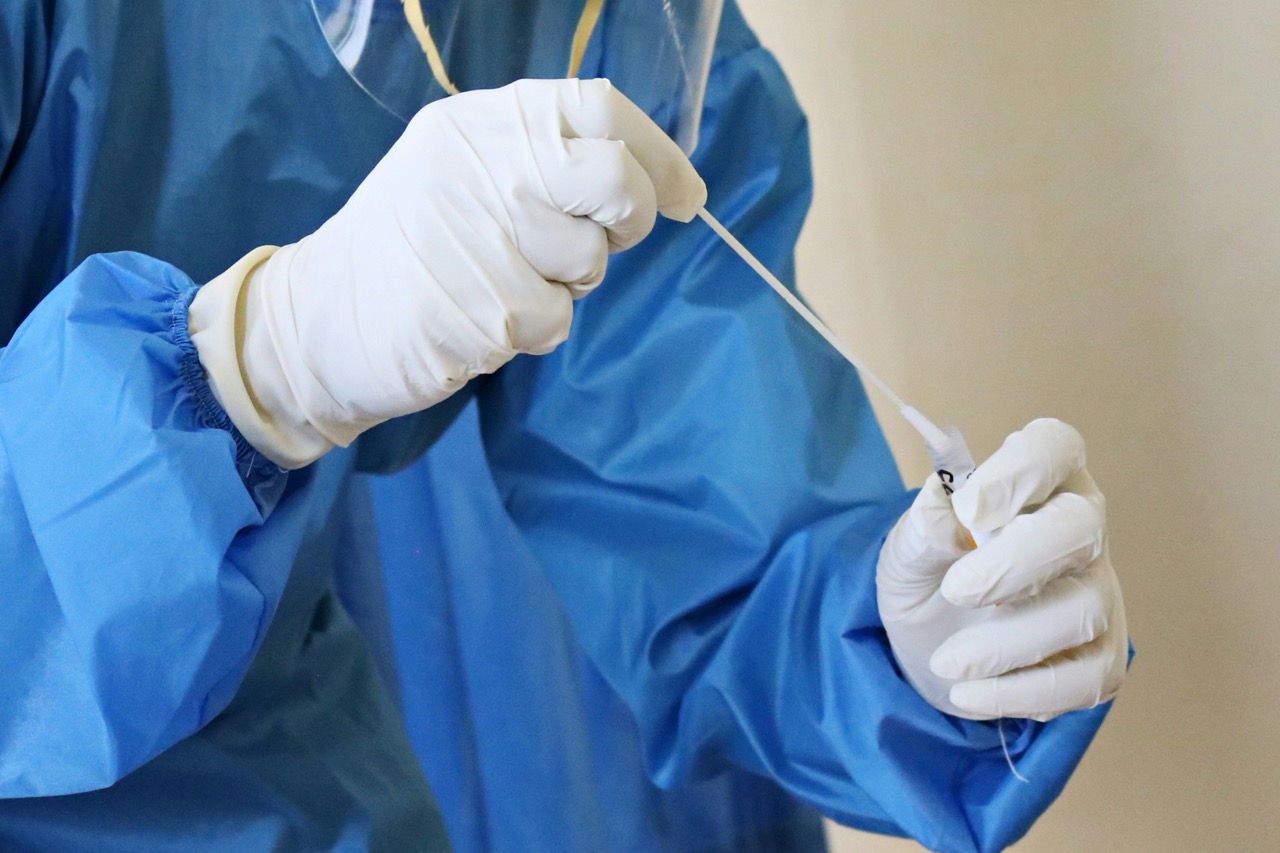Human Papillomavirus (HPV) is commonly perceived as a women’s health issue, primarily due to its strong association with cervical cancer. However, this perception overlooks the significant health risks that HPV poses to men. It is crucial to understand that HPV is a sexually transmitted infection that can affect anyone, regardless of gender. As awareness of HPV’s implications grows, so does the importance of vaccination among men. This article will delve into the risks associated with HPV in men, the benefits of the HPV vaccine, and the myths that surround vaccination.
Understanding HPV: Risks Beyond Women’s Health
HPV is the most common sexually transmitted infection globally, with over 200 different types identified. While many types do not cause any symptoms and resolve on their own, certain high-risk strains are associated with various cancers. For men, these strains can lead to cancers of the anus, penis, and oropharynx (the throat). The World Health Organization (WHO) estimates that thousands of men are diagnosed with HPV-related cancers each year, revealing that this virus is far from being a ‘women’s issue’ alone.
Moreover, men can act as carriers of the virus, unknowingly transmitting it to their partners. This not only perpetuates the cycle of infection but also increases the risk for women, who may develop cervical and other HPV-related cancers. Therefore, understanding HPV’s impact on male health is essential for promoting a comprehensive approach to sexual health that includes both genders.
Finally, the societal stigma surrounding HPV often leads to a lack of awareness and discussion among men. Many are unaware of their risk or the potential consequences of HPV infections. By addressing these issues, we can foster an environment where men feel empowered to seek vaccination and take their health seriously.
The Role of HPV in Male Health and Cancer Risks
HPV is linked to several cancers that affect men, notably anal cancer, which is increasingly prevalent among men who have sex with men (MSM). The incidence of this type of cancer has risen over recent years, highlighting the urgent need for targeted health interventions. Additionally, HPV can also cause genital warts, which, while not life-threatening, can significantly impact a man’s quality of life and mental well-being.
Another significant concern is oropharyngeal cancer, which has been reaching epidemic proportions, particularly among younger populations. The correlation between HPV infection and this type of cancer has been widely studied, with evidence suggesting that HPV 16, one of the high-risk strains, is commonly found in these cancers. Understanding the specific types of cancers associated with HPV enables men to recognize their risk and the importance of vaccination.
Moreover, it is essential to acknowledge that HPV does not discriminate based on lifestyle or sexual orientation. Men from all backgrounds—whether sexually active, in monogamous relationships, or engaging in casual encounters—are at risk. This underscores the necessity of an inclusive public health message that addresses all men, encouraging them to consider vaccination as part of a broader strategy for maintaining their health.
Benefits of the HPV Vaccine for Men of All Ages
The HPV vaccine is effective in preventing the majority of the cancers associated with the virus, making it a critical tool in men’s health. For young men, vaccination can provide protection against the strains that cause genital warts and various cancers, reducing the likelihood of developing these conditions later in life. Studies have shown that the vaccine is even more effective when administered before the onset of sexual activity, making early vaccination crucial.
Older men also stand to benefit from the vaccine. While the vaccine is most effective when given before age 26, men up to age 45 can still receive the vaccine and gain protection. The vaccine does not only prevent the initiation of new HPV infections but can also reduce the severity and prevalence of existing strains. This is particularly beneficial for men who may have multiple sexual partners or those who are in non-monogamous relationships.
Furthermore, vaccination can significantly reduce healthcare costs associated with treating HPV-related diseases. By preventing the onset of cancers and other health conditions, the vaccine can alleviate the financial burden on individuals and the healthcare system. This economic perspective adds another layer of incentive for men to get vaccinated, highlighting that protecting one’s health is not just a personal benefit but a collective advantage for society.
Addressing Myths: Why Vaccination is Crucial for Men
Despite the clear benefits of the HPV vaccine, several myths persist that hinder vaccination rates among men. One common belief is that HPV is solely a women’s issue and, therefore, men do not need to be vaccinated. This misconception can lead to a false sense of security regarding personal health risks. In reality, men can contract HPV and suffer from severe health complications, emphasizing the need for widespread vaccination.
Another myth is the idea that the vaccine is only effective for younger individuals. While it is true that the vaccine is most effective when given before the onset of sexual activity, studies indicate that older males can still benefit from receiving the vaccine. The protective effects against various HPV strains can still be achieved, making vaccination relevant for men of all ages.
Lastly, misconceptions surrounding the safety and side effects of the HPV vaccine can deter men from seeking vaccination. Extensive research has demonstrated that the HPV vaccine is both safe and effective. Side effects, when they occur, are typically mild and resolve quickly. By addressing these myths and providing accurate information, healthcare providers can encourage more men to pursue vaccination and take proactive steps towards their health.
In conclusion, the importance of the HPV vaccine for men cannot be overstated. Understanding the risks associated with HPV, recognizing the benefits of vaccination, and dispelling prevalent myths are crucial steps toward promoting better health outcomes for all. As we strive for a more inclusive approach to sexual health, it is imperative that men acknowledge their role in preventing HPV transmission and related cancers. By getting vaccinated, men not only protect themselves but also contribute to the overall health and safety of their partners and communities.
